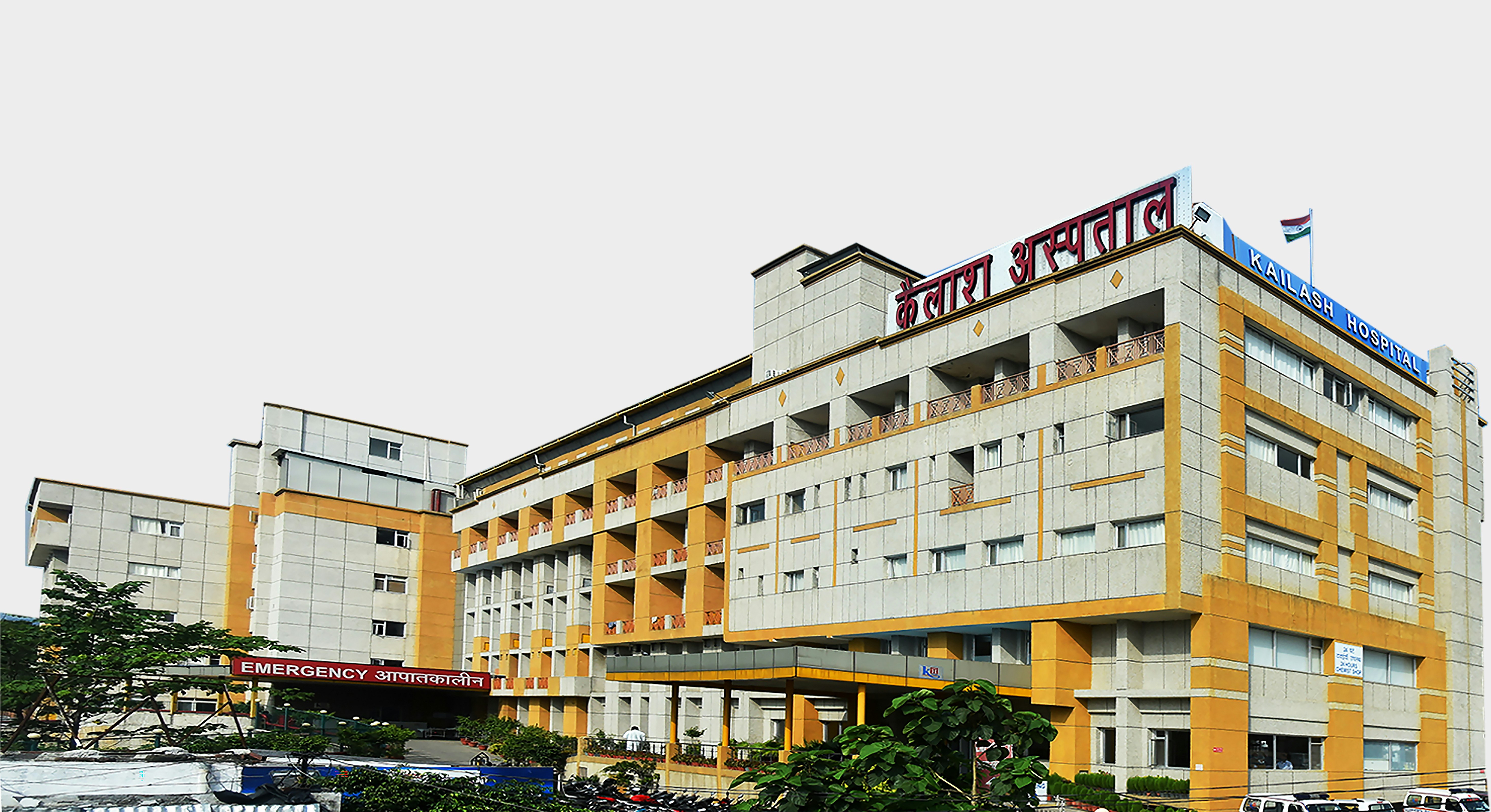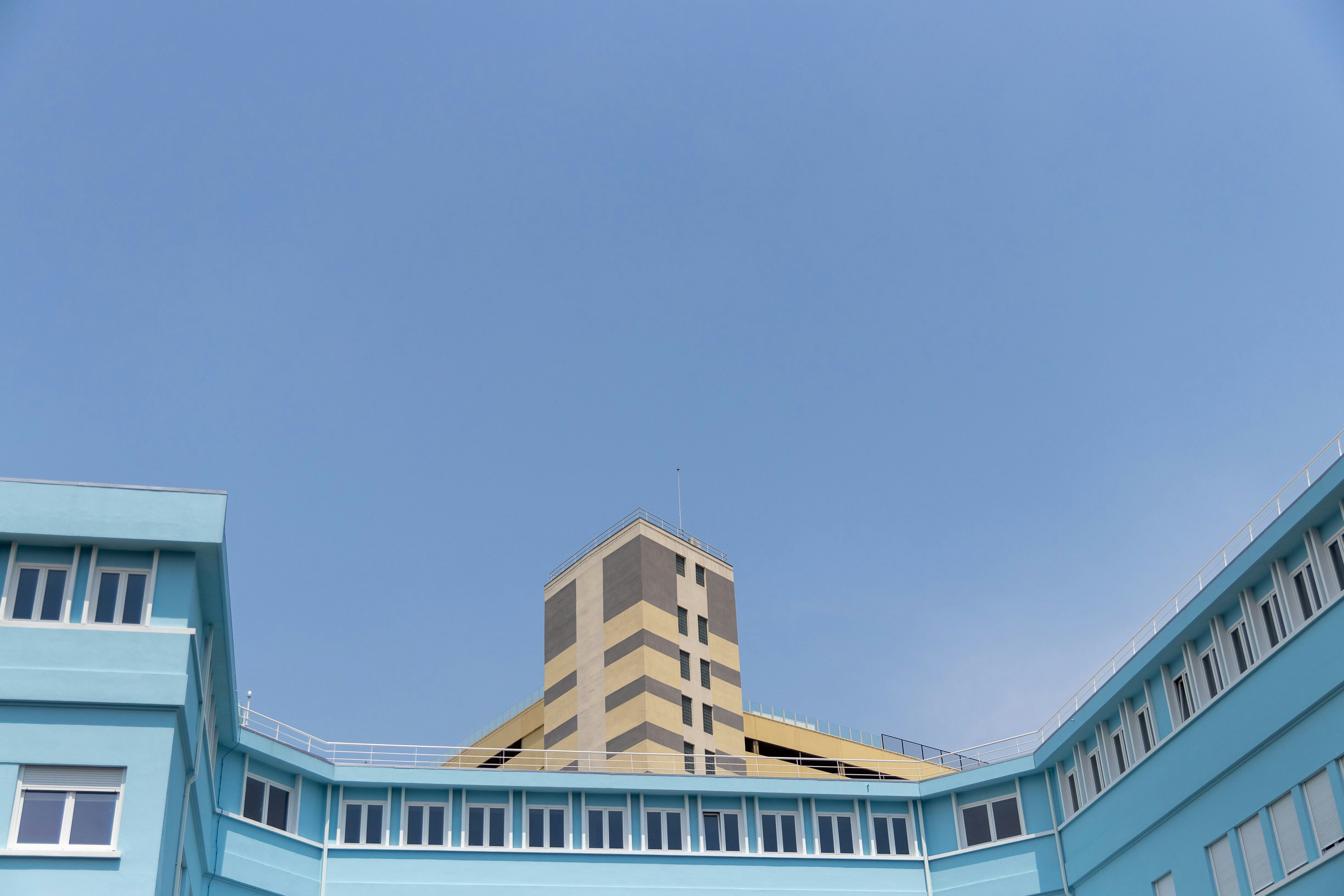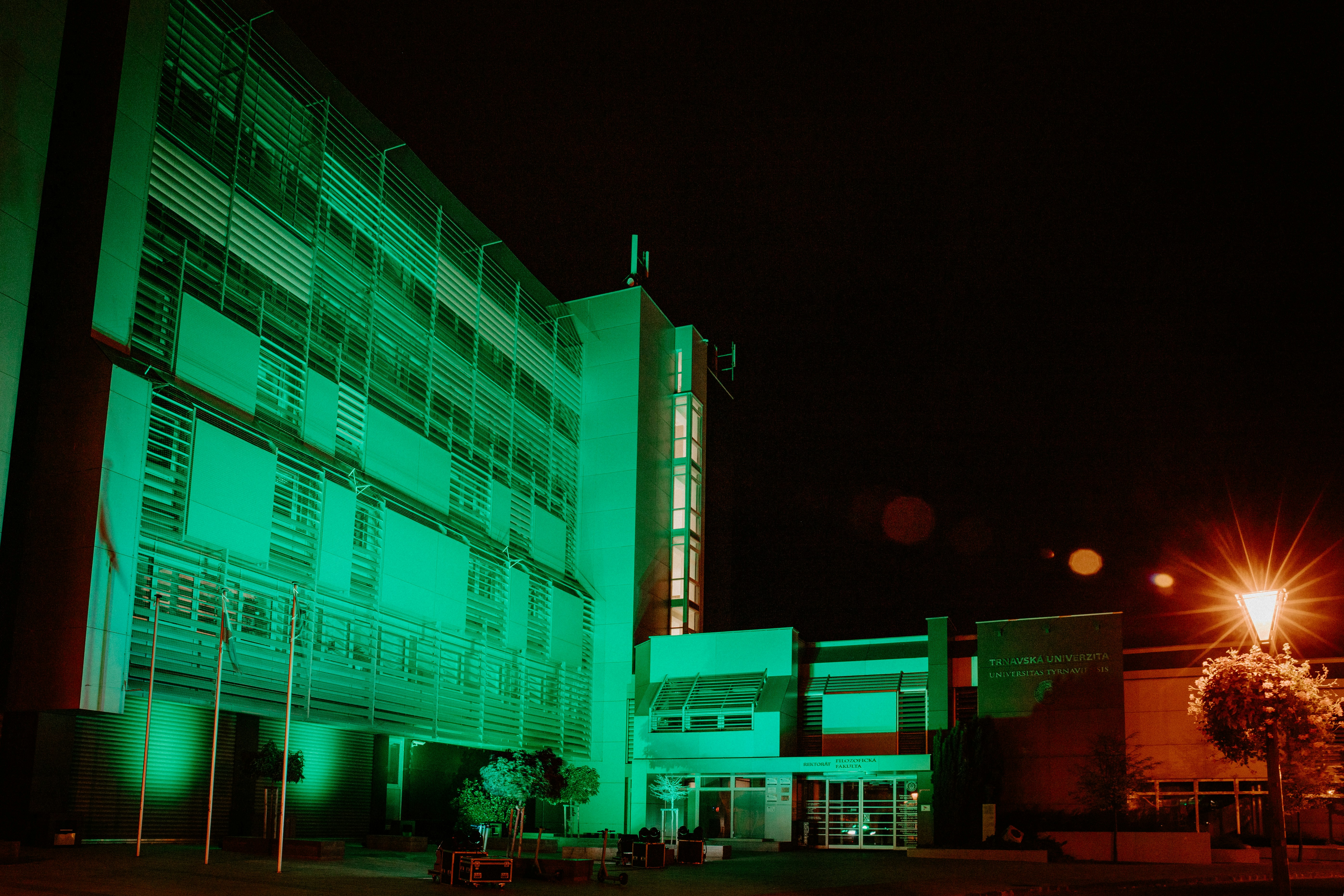Autism Testing Centers In Arizona: Where To Get Tested

Getting tested for autism can be a life-changing step — whether you're a parent seeking answers for your child, a teen navigating school challenges, or an adult finally connecting the dots about lifelong differences. Autism testing isn’t about labeling — it’s about understanding. A proper diagnosis opens doors to support, therapies, and services that can improve daily life, communication, and independence.
Who Should Consider Getting Evaluated
Autism shows up differently in everyone. Some people may struggle with social interactions, routines, or sensory sensitivities, while others may find it hard to communicate feelings or adapt to changes. If you or someone you care about shows signs of autism — at any age — getting evaluated is a smart and empowering first step.
In Arizona, there are many trusted places that offer autism testing, from well-known children’s clinics to adult-focused centers and low-cost university programs. In this guide, we’ll help you find the right option based on your age, location, and needs — so you can move forward with clarity and confidence.
Types of Autism Testing Services in Arizona
Not all autism testing looks the same. The process can vary depending on your age, symptoms, and whether you're seeking a quick screening or a full diagnosis. Here's a simple breakdown of the types of autism testing services available in Arizona:
Diagnostic Evaluations for Children
For young children, early diagnosis is key. These evaluations are often done by a team that includes child psychologists, speech therapists, or developmental pediatricians. The goal is to carefully observe your child’s behavior, communication, and play — and compare it with typical development.
What it includes:
- Parent interviews
- Play-based assessments
- Speech/language tests
- Observation of social skills
These evaluations help parents understand whether their child is on the autism spectrum and what kind of early support would be most helpful.
Autism Testing for Teens and Adults
Older kids and adults can sometimes be missed earlier in life — especially if they mask symptoms or were misdiagnosed. Autism testing for teens and adults usually focuses on social history, patterns of behavior, and how autism shows up in day-to-day life.
What it includes:
- Personal interviews
- Questionnaires about daily habits and social skills
- Feedback from family or teachers
- Cognitive or psychological testing (sometimes)
These tests are designed to identify autism signs that may not have been obvious in childhood but still affect relationships, school, or work.
Developmental Screenings vs. Comprehensive Assessments
Not sure where to start? Some clinics offer developmental screenings, which are shorter check-ins that help flag possible signs of autism. They’re a good first step — especially for toddlers or when you’re unsure if a full evaluation is needed.
If signs of autism are clear, a comprehensive assessment is the next step. This is a more in-depth process done by licensed specialists, and it leads to a formal diagnosis if needed.
Quick tip:
- Screening = quick check
- Full assessment = deep dive
Who Performs Autism Testing in Arizona?
Depending on where you go, evaluations can be done by:
- Developmental pediatricians
- Licensed psychologists
- Neuropsychologists
- Autism centers with multi-specialist teams
Each has their own testing tools, but all aim to understand how the brain processes the world — especially social cues, communication, and behavior.
Top Places to Get Tested for Autism in Arizona
Whether you're looking for a diagnosis for your child, teen, or yourself as an adult, Arizona has several excellent clinics, hospitals, and programs that specialize in autism testing. Below, we’ve grouped some of the best options by age group and type of service.
For Children and Teens
1. Southwest Autism Research & Resource Center (SARRC) – Phoenix
- What They Offer: SARRC provides full diagnostic evaluations for children as young as 12 months. They use trusted tools like the ADOS-2 (Autism Diagnostic Observation Schedule) to get an accurate diagnosis.
- Why Parents Choose It: SARRC is one of the top autism centers in the U.S. Their team includes developmental pediatricians, psychologists, and therapists who work together. After diagnosis, they also offer early intervention programs, therapy, and parent training.
- Extra Support: Bilingual services and support for families who speak Spanish.
- Website: autismcenter.org
2. Barrow Neurological Institute at Phoenix Children’s Hospital
- What They Offer: Offers advanced autism diagnostic evaluations through its neuropsychology and developmental pediatrics programs.
- Why It’s Great: Evaluations here are highly thorough and may include MRI scans, hearing tests, and in-depth interviews with parents. This is helpful if your child has complex needs or other developmental conditions alongside autism.
- Insurance Accepted: Most major health insurance plans.
- Website: phoenixchildrens.org
3. Arizona Autism Center – Scottsdale
- What They Offer: Offers evaluations for children suspected of having autism, including screenings, diagnostics, and referrals to therapy services like ABA, speech, and occupational therapy.
- Why Families Like It: Friendly, experienced staff that specialize in working with young children and helping nervous families feel at ease.
- Quick Appointments: Often faster evaluation appointments than large hospitals.
- Website: azautismcenter.com
For Adults
4. SARRC – Adult Services (Phoenix)
- What They Offer: SARRC also supports adults who may be seeking an autism diagnosis later in life. Their adult evaluations include interviews, observation, and tools specifically designed for adult diagnosis.
- Why Adults Choose SARRC: They create a calm, respectful setting that supports self-discovery. After diagnosis, they offer life skills classes, employment services, and social groups.
- Helpful for: Women, BIPOC adults, and others who may have been missed as children.
- Website: autismcenter.org
5. Touchstone Health Services – Statewide Locations
- What They Offer: Autism and mental health evaluations for teens and adults across Arizona. They offer behavioral health support and help with Medicaid (AHCCCS) enrollment.
- Why It’s Great: Affordable or free services for low-income families. Offers telehealth evaluations in some areas.
- Services Included: Counseling, case management, therapy options.
- Website: touchstonehs.org
6. Arizona State University (ASU) – Autism & Developmental Disabilities Lab (Tempe)
- What They Offer: ASU's research team provides adult autism screenings as part of ongoing studies and clinical programs.
- Why It’s Unique: This is a great option for adults who want an evaluation but may not have insurance. Some services are free or low-cost if you're eligible for research participation.
- Good Fit For: College students, young professionals, or adults who want better self-understanding.
- Website: addlab.asu.edu
Multidisciplinary Autism Evaluation Centers
These centers have teams of specialists from different fields who work together to give a more complete picture of a person’s needs.
7. Children’s Rehabilitative Services (CRS) – Various Cities in AZ
- What They Offer: Autism and developmental evaluations through state-funded pediatric specialty care.
- Who Qualifies: Children with special healthcare needs who qualify for AHCCCS (Arizona Medicaid).
- Why It’s Valuable: Combines medical, psychological, and therapeutic evaluations in one place.
- Website: azahcccs.gov
8. The Melmed Center – Scottsdale
- What They Offer: Comprehensive autism testing for children, teens, and some adults. Led by Dr. Raun Melmed, a well-known developmental pediatrician.
- Why Families Choose It: Known for detailed evaluations, customized recommendations, and an experienced team. Offers follow-up therapies in the same building.
- Special Note: Private pay only — does not take insurance, but families say it’s worth the investment.
- Website: melmedcenter.com
Support Available After Diagnosis
Many of the centers listed above don’t stop at testing. They can help you understand the results, create a plan, and connect you with:
- Speech therapy, ABA, or occupational therapy
- School advocacy and IEP support
- Job coaching and life skills training
- Counseling or support groups
Also read Best Autism Schools in New York
What to Look for in an Autism Testing Provider:
- Experience with your age group (child, teen, or adult)
- Clear testing steps explained up front
- Licensed professionals (psychologists, neurologists, developmental pediatricians)
- Services offered after diagnosis
- Accepts your insurance or offers payment plans
Also Read Autism Diagnosis Centers In Alabama
City-by-City Guide to Autism Testing Locations in Arizona
City | Clinic/Center Name | Who They Test | Type of Services | Insurance / Payment | Website |
Phoenix | SARRC (Southwest Autism Research & Resource Center) | Children, Teens, Adults | Diagnostic, ABA, Adult Life Skills, Support | Accepts most major insurance | |
Touchstone Health Services | Teens, Adults | Evaluations, Behavioral Health, Counseling | Accepts AHCCCS (Medicaid) | ||
Phoenix Children's Hospital – Barrow Institute | Children, Teens | Neurodevelopmental Evaluation, Pediatrics | Most major insurances | ||
Scottsdale | The Melmed Center | Children, Teens | Diagnostic, ADHD, Autism, Therapy | Private Pay Only | |
Arizona Autism Center | Children | Autism Diagnosis, ABA Referrals | Most major insurance, AHCCCS | ||
First Place AZ (Adult Transition) | Young Adults (18–30s) | Life Skills, Post-Diagnosis Support | Private Pay | ||
Tempe | ASU Autism & Developmental Disabilities Lab | Adults | Research-Based Autism Screening & Diagnosis | Often free (research study based) | |
Mesa | Southwest Human Development – Good Fit Program | Children, Families | Early Diagnosis, Speech, OT, Parent Coaching | Accepts AHCCCS and private insurance | |
A New Leaf – Autism Services | Children, Teens | Diagnostic, Therapy, In-home Support | AHCCCS and sliding scale available | ||
Chandler | AZA United – Chandler Center | Children, Teens | Autism Testing, Speech/OT/ABA | Accepts AHCCCS, private insurance | |
Tucson | Banner University Medical Group – Pediatrics | Children | Pediatric Diagnostics, Developmental Screenings | Insurance accepted | |
Tucson Alliance for Autism | Children, Teens | Diagnosis, Family Training, Workshops | Sliding scale, some AHCCCS plans | ||
Flagstaff | North Country HealthCare – Pediatric Services | Children | General Pediatric Developmental Screening | Accepts AHCCCS, private insurance | |
Child & Family Support Services | Children, Teens, Adults | Behavioral Health, Autism Testing (by referral) | AHCCCS and private plans | ||
Yuma | Easterseals Blake Foundation | Children | Screenings, Therapy Referrals, Early Interventions | AHCCCS accepted | |
Prescott | West Yavapai Guidance Clinic – Children’s Services | Children, Teens | Behavioral Health, Screenings, Developmental Eval | AHCCCS and private plans | |
Sierra Vista | Cochise Children’s Clinic | Children | Developmental Pediatrics, Autism Diagnosis | Accepts most insurance | |
Lake Havasu | Havasu Pediatrics | Children | General Developmental Screenings, Referrals | Private insurance, some AHCCCS plans | Website not available; call directly |
Additional Notes
- Age Matters: Some centers only serve children or teens, while others welcome adults.
- Insurance Check: Always call ahead to confirm insurance coverage or payment options.
- Referral Needed?: Some clinics require a referral from a primary care doctor, especially if you're using AHCCCS.
- Wait Times: Popular centers like SARRC or Phoenix Children's may have a waitlist — consider calling multiple places.
Low-Cost and Free Autism Testing Resources
Getting tested for autism can be expensive, especially without insurance. But in Arizona, there are several options that offer low-cost or even free evaluations, especially for children or families with limited income.
State-Funded Clinics
The Arizona Department of Economic Security (DES) and Arizona Early Intervention Program (AzEIP) help families with young children (under age 3) get tested and access support. These services are often free if your child qualifies.
- AzEIP Website: des.az.gov/services/disabilities/early-intervention
University-Based Autism Clinics
Schools like Arizona State University (ASU) and University of Arizona sometimes offer autism testing through their psychology or education departments. These clinics are often supervised by professionals and offer reduced fees, especially for research-based assessments.
- ASU Clinical Psychology Center: Offers low-cost evaluations
- U of A Autism Center: May offer testing as part of studies
Nonprofits and Grants
Some nonprofits, like the Southwest Autism Research & Resource Center (SARRC) or Raising Special Kids, may offer scholarships or referrals to lower-cost services. They also help connect families to free resources or insurance support.
- SARRC: autismcenter.org
- Raising Special Kids: raisingspecialkids.org
How to Choose the Right Evaluation Center
Not all testing centers are the same — and choosing the right one can make a big difference in how helpful and accurate the results are. Here’s how to pick the right place:
Look for These Key Features:
- Qualified professionals: Make sure the center has licensed psychologists, developmental pediatricians, or behavior specialists who are experienced with autism.
- Age-appropriate services: Some clinics focus on children, others on adults. Choose one that fits the person’s age and situation.
- Comprehensive evaluations: The best centers go beyond a quick screening — they’ll observe behavior, ask about history, and may use tools like the ADOS or other trusted tests.
Questions to Ask Before Booking:
- Do you evaluate [children/teens/adults]?
- How long is the wait time for an appointment?
- Do you accept insurance or offer payment plans?
- Will I receive a written report and recommendations?
Choosing a place that answers your questions clearly and treats you with respect is a good sign you’re in the right hands.
Do You Need a Referral for Autism Testing in Arizona?
This depends on where you go and how you’re paying.
If You’re Using Insurance
Most private insurance plans — and even Medicaid (AHCCCS in Arizona) — require a referral from your child’s pediatrician or your primary care doctor. The referral helps the insurance approve and cover the cost of the testing.
If You’re Paying Out of Pocket
If you’re not using insurance, you usually don’t need a referral. You can call a clinic or psychologist directly and ask for an appointment for an autism evaluation.
For Schools or Early Intervention
If your child is under 3 years old, you can go directly to AzEIP. If your child is 3 or older, you can also ask for testing through your public school’s special education department, even if they aren’t enrolled yet.
Autism Testing for Adults: What’s Different?
Autism isn’t just something diagnosed in childhood — many adults go undiagnosed for years because they learned to “mask” or were misunderstood when they were younger. Today, more adults are seeking autism evaluations after recognizing signs in themselves.
What Makes Adult Testing Unique?
- Signs Are Subtle: In adults, autism might show up as social exhaustion, anxiety, trouble with change, or deep focus on routines and interests. These signs are sometimes mistaken for anxiety, ADHD, or just “quirkiness.”
- You Might Already Have a Job or Family: Testing takes into account how you function in everyday life — not just school or social settings.
- Providers Matter: Not all clinics are experienced in adult diagnosis. It’s important to choose one that specializes in adult autism evaluations or has a licensed psychologist familiar with adult traits.
Why Adults Get Tested:
- To better understand themselves
- To access workplace or academic accommodations
- To connect with support groups or services
- To finally get answers to lifelong questions
How Long Does Autism Testing Take?
Autism testing isn’t a one-time visit. It’s a step-by-step process designed to fully understand a person’s strengths and challenges.
Here's What You Can Expect:
- Initial Call or Intake: You'll fill out forms and possibly have a short phone interview.
- Wait Time: Depending on where you go, you may wait anywhere from a few weeks to several months, especially at popular clinics or with specialists.
- Testing Day(s): You (or your child) may meet with a psychologist or specialist for several hours. This can include:
- Answering questions
- Doing tasks or puzzles
- Talking about daily life and behavior
- Answering questions
- Parent or Caregiver Input: For children or even adults, interviews with family members can help paint the full picture.
- Final Report: After testing, you’ll get a detailed report with the results and diagnosis (if applicable). This may take 2 to 6 weeks to receive.
What Happens After the Diagnosis?
A diagnosis is not the end — it’s the beginning of support, understanding, and new opportunities.
If a Diagnosis Is Given:
- You’ll Receive a Written Report with the full evaluation, diagnosis, and recommendations.
- You Can Start Therapy or Services like:
- ABA (Applied Behavior Analysis) for children
- Speech or occupational therapy
- Social skills groups or life coaching for teens and adults
- Support in school or at work
- ABA (Applied Behavior Analysis) for children
Other Benefits:
- Access to IEP/504 Plans for school accommodations
- Government Assistance (if eligible), such as DDD, Social Security, or job training programs
- More Confidence: Many people feel relief and empowerment after knowing what’s really been going on.
Tip: Even if you don’t get an autism diagnosis, testing may reveal other helpful information — like anxiety, ADHD, or learning differences — so you can still get the right support.
Also Read Autism Diagnosis Centers In Florida: Where To Get Tested



